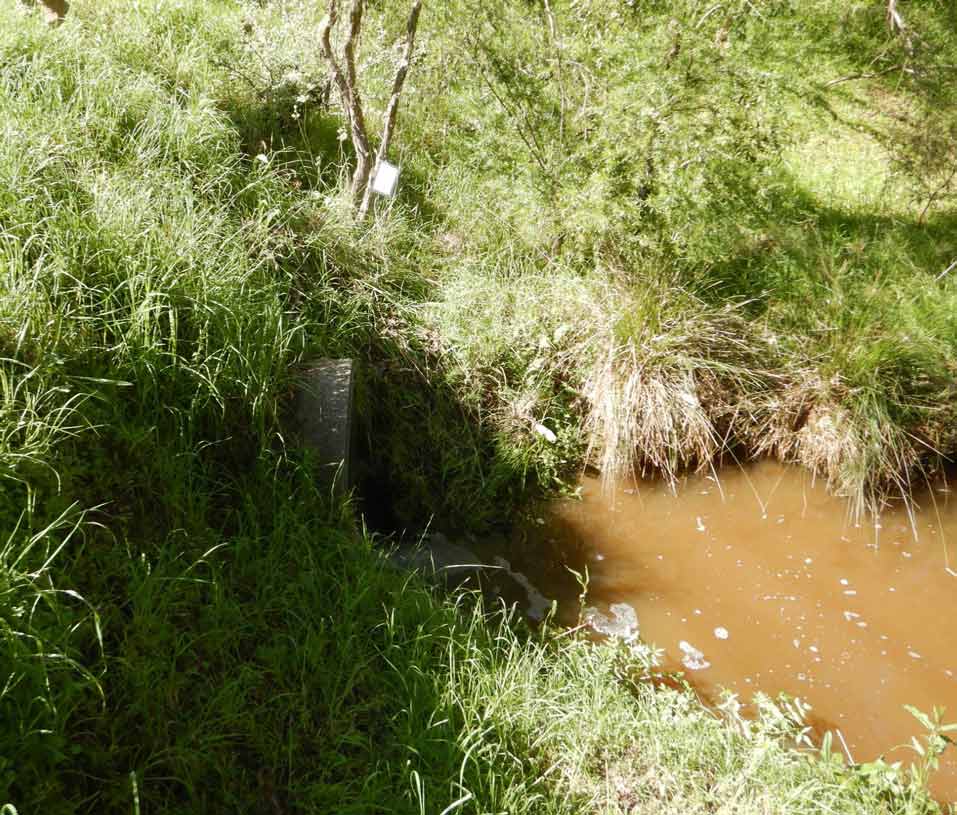Assessing impacts of wastewater.
Background
This project will improve our understanding of impacts to waterway health from treated and untreated wastewater and facilitate a more structured and strategic process for prioritising the investigation and management of different types of wastewater inputs e.g. wastewater treatment plant discharges, Emergency Relief Structure spills, septic tanks. The project will also consider potential impacts from a range of anticipated discharge scenarios (e.g., spill type, quality, volume, frequency and duration) to enhance planning capabilities and enable adaptive management strategies.
Approach
Year 1 of this project will focus on synthesising knowledge from existing literature on the risks and impacts from contaminants in treated and untreated wastewater discharges on key environmental values, including identifying priorities for future research. Based on the review, sites will be selected across the Greater Melbourne Area for field-based investigations of ecological indicators of treated and untreated wastewater. This research will complement previous research by A3P that identified chemical indicators of treated and untreated wastewater in waterways.
Year 2 and beyond will be informed by the outcomes of Year 1 and will focus on applying chemical and biological indicators of wastewater inputs to support the prioritisation of wastewater management programs across the region.

Progress to date
A3P1 Completed Sep 2023.
See Download 2022 results summary or access this HWS midterm review summary via: https://healthywaterways.com.au/resources/documents for details
A3P2 Began in Oct 2023
Literature review complete, field investigations begin.
Expected Outcomes
- Improved understanding of risks and impacts to environmental values from wastewater including key contaminants.
- Decision support for emergency releases of wastewater to waterways.
- Inform risk assessment of pollutants in wastewater discharges to waterways as outlined by EPA Victoria (Publication 1287, 2023).
- Inform Healthy Waterways Strategy performance objectives and metrics for the next strategy.
Expected Completion
2028
Contact
For more information, please contact the project lead:
- Dr. Erica Odell, Erica.odell@rmit.edu.au
- Dr Claudette Kellar, Claudette.Kellar@rmit.edu.au
AtMelbourne Water:


